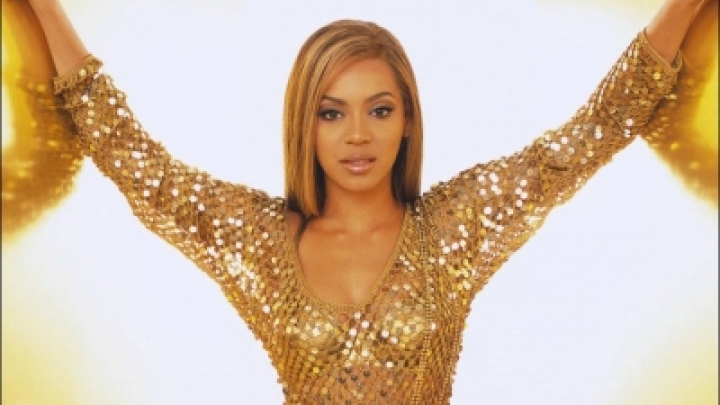

It’s like a carefully curated library, this whole thing, with an astonishing depth of knowledge regarding rhythm and harmony that puts Beyoncé as an arranger and bandleader on a level with Prince and Stevie Wonder. Sometimes the voices come literally from the past, as in “ Pure/Honey,” which samples the drag performers Moi Renee and Kevin Aviance for a flex about looking as good as a billion dollars, and “ Church Girl,” which speeds up an old Clark Sisters gospel tune sometimes it’s riffs and licks Beyoncé is recycling, as in the album’s shimmering closer, “ Summer Renaissance,” which quotes Donna Summer’s epochal “I Feel Love” from 1977. on percussion - a living lesson in funk history in 3½ rump-jiggling minutes. In the blistering “Move,” Beyoncé enlists Grace Jones and the Nigerian singer Tems to deliver a queenly warning to anyone foolish enough to get in their way: “Don’t make it turn into trouble / ’Cause we coming straight out the jungle.” “Cuff It,” an ebullient disco fantasia about “getting f- up tonight,” has Chic’s Nile Rodgers on guitar, Raphael Saadiq on bass and Sheila E. Yet in terms of the new album’s scholarship - its dense weave of samples, cameos, references and interpolations, all deployed as a way to connect broader social and political narratives to the details of her fiercely guarded private life, including time she spent as a kid with a gay family member she called Uncle Jonny - “Renaissance” is miles ahead of the competition. As removed as Beyoncé can sometimes appear from the hurly-burly of pop music in the social-media era - she didn’t join TikTok until this summer - she clearly wants hits to bring attention to projects as intellectually ambitious as her 2018 Coachella performance or the short film she made to accompany 2016’s “Lemonade.” 1, as some analysts predict it soon might, it’ll be the singer’s first chart-topper of her own since “Single Ladies (Put a Ring on It)” in 2008. Worth noting: “Break My Soul” is Beyoncé’s first solo single to make it inside the top 10 of Billboard’s Hot 100 since “Formation” six years ago should the song go to No. Nor is she the only pop artist taking up these sounds now, more than two years into a pandemic that’s left many yearning for the communal experience of the dance floor Drake, who has a writing credit on “Renaissance,” just dropped his own house immersion, “ Honestly, Nevermind,” while Doja Cat and Dua Lipa have both scored monster radio smashes lately with thumping club jams.

The 16-track LP, described by Beyoncé as the first installment in a planned trilogy, isn’t the first foray into club culture from a singer who was commissioning sumptuous house and disco remixes back in her teenage girl-group days with Destiny’s Child. But not even the most devoted member of the Beyhive could’ve predicted how thoroughly the 40-year-old superstar would follow through on her promise with the wild and ravishing “Renaissance,” which came out Friday and immediately reshaped the conversation about 2022’s most important music.Īfter just a couple of days, the wiggle seems so far out of the box that it’s hard to imagine anybody ever putting it back inside. What Beyoncé meant is that she wants these songs to help folks find the encouragement to be their truest selves the jubilant drive of the album’s 1990s-house-inspired lead single, “ Break My Soul” (which also incorporates Big Freedia’s command), foretold a powerful effort built on dance-music styles created by Black and queer people over the past several decades. When Beyoncé told fans about her seventh solo studio album, “Renaissance” - and let’s just say right here that as far as seventh albums go, this one feels like as big a swing as “Born in the U.S.A.” or “Ray of Light” or “Goodbye Yellow Brick Road” - she said she hoped the music would lead them to “release the wiggle,” a lovable phrase borrowed from the New Orleans bounce-music trailblazer Big Freedia.


 0 kommentar(er)
0 kommentar(er)
